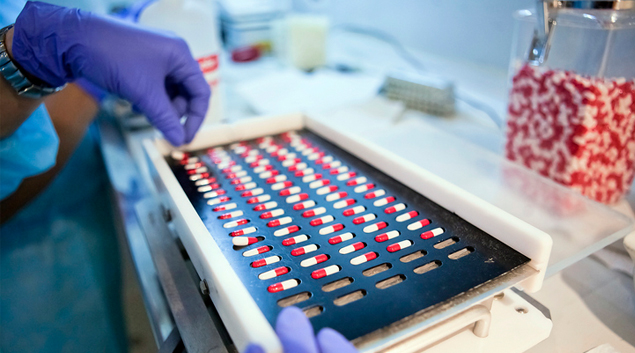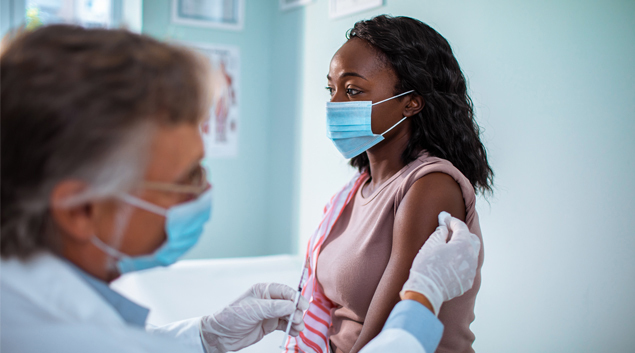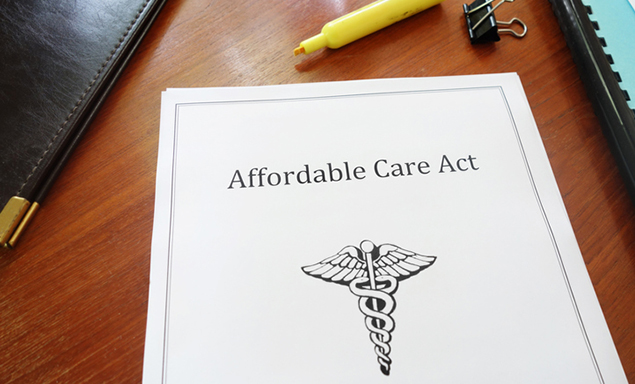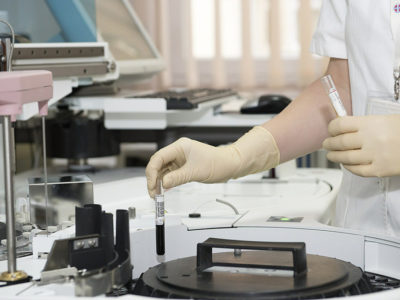
On Thursday, the U.S. Food and Drug Administration approved the antiviral drug Veklury (remdesivir) for use in adult and pediatric patients 12 years old and older and weighing at least 88 pounds for COVID-19 treatments requiring hospitalization.
Veklury should only be administered in a hospital or in a healthcare setting capable of providing acute care comparable to inpatient hospital care, the FDA said. Veklury is the first coronavirus treatment to receive FDA approval.
In order to ensure continued access to the pediatric population previously covered under the EUA, the FDA revised it to authorize Veklury’s use for treatment of suspected or laboratory-confirmed COVID-19 in hospitalized pediatric patients weighing 7.7 lbs. to less than 88 lbs., or hospitalized pediatric patients less than 12 years old weighing at least 7.7 lbs. Clinical trials assessing the safety and efficacy of Veklury in this pediatric patient population are ongoing.
HIMSS20 Digital
Learn on-demand, earn credit, find products and solutions. Get Started >>
WHAT’S THE IMPACT?
When President Trump was diagnosed with COVID-19, he was given remdesivir, as well as experimental antibody cocktail being developed by the drug maker Regeneron, in addition to several other drugs, including zinc, vitamin D and the generic version of the heartburn treatment Pepcid, according to The New York Times citing a letter from his doctor that was released by the White House Friday.
Under the Federal Food, Drug, and Cosmetic Act, approval of a new drug product requires substantial evidence of effectiveness and a demonstration of safety for the drug’s intended uses. In considering approval of a drug, the FDA conducts a scientific benefit-risk assessment to ensure that the product’s benefits outweigh its risks for the intended population. This is different from the standard used in the issuance of an EUA.
The approval of Veklury was supported by the agency’s analysis of data from three randomized, controlled clinical trials that included patients hospitalized with mild to severe COVID-19.
One randomized, double-blind, placebo-controlled clinical trial, conducted by the National Institute of Allergy and Infectious Diseases, evaluated how long it took for subjects to recover from the coronavirus within 29 days of being treated. The trial looked at 1,062 hospitalized subjects with mild, moderate and severe COVID-19 who received Veklury or a placebo, plus standard of care. Recovery was defined as either being discharged from the hospital or being hospitalized, but not requiring supplemental oxygen and no longer requiring ongoing medical care.
The median time to recover from COVID-19 was 10 days for the Veklury group compared to 15 days for the placebo group, a statistically significant difference. Overall, the odds of clinical improvement at day 15 were also statistically significantly higher in the Veklury group when compared to the placebo group.
A second randomized, open-label multi-center clinical trial of hospitalized adult subjects with moderate coronavirus compared treatment with Veklury for five days and treatment with Veklury for 10 days with standard of care. Researchers evaluated the clinical status of subjects on day 11.
Overall, the odds of a subject’s COVID-19 symptoms improving were statistically significantly higher in the five-day Veklury group at day 11 when compared to those receiving only standard of care. The odds of improvement with the 10-day treatment group when compared to those receiving only standard of care were numerically favorable, but not statistically significantly different.
A third and separate, randomized, open-label multi-center clinical trial of hospitalized adult subjects with severe COVID-19 compared treatment with Veklury for five days and treatment with Veklury for 10 days. Researchers evaluated the clinical status of subjects on day 14. Overall, the odds of a subject’s coronavirus symptoms improving were similar for those in the five-day Veklury group as those in the 10-day Veklury group, and there were no statistically significant differences in recovery rates or mortality rates between the two groups.
WHAT ELSE YOU SHOULD KNOW
Information about using Veklury to treat COVID-19 for its approved use is available in the prescribing information, which includes dosing instructions, potential side effects and drug interactions. Possible side effects include: increased levels of liver enzymes, which may be a sign of liver injury; allergic reactions, which may include changes in blood pressure and heart rate; low blood oxygen level; fever; shortness of breath; wheezing; swelling (especially of the lips, around the eyes and under the skin); rash; nausea; sweating; or shivering.
Similar safety information about using Veklury to treat COVID-19 in certain hospitalized pediatric patients under the EUA is available in the fact sheets for healthcare providers and patients/caregivers.
The FDA granted the application Fast Track and Priority Review designations. The agency also granted a Material Threat Medical Countermeasure Priority Review Voucher, which provides additional incentives for certain medical products intended to treat or prevent harm from specific chemical, biological, radiological and nuclear threats.
The FDA granted approval and reissued the revised EUA to Gilead Sciences.
THE LARGER TREND
In late July, the Centers for Medicare and Medicaid Services implemented new procedure codes to allow Medicare and other insurers to identify the use of remdesivir and convalescent plasma for treating hospital inpatients with COVID-19. The new codes are being implemented into the International Classification of Diseases Procedure Coding System, ICD-10-PCS. They went into effect on August 1.
The new procedure codes will enable CMS to conduct real-time surveillance and obtain data on the drugs’ effectiveness. They can be reported to Medicare, and other insurers may also use the codes to identify the use of COVID-19 therapies to help facilitate monitoring and data collection on their use.















